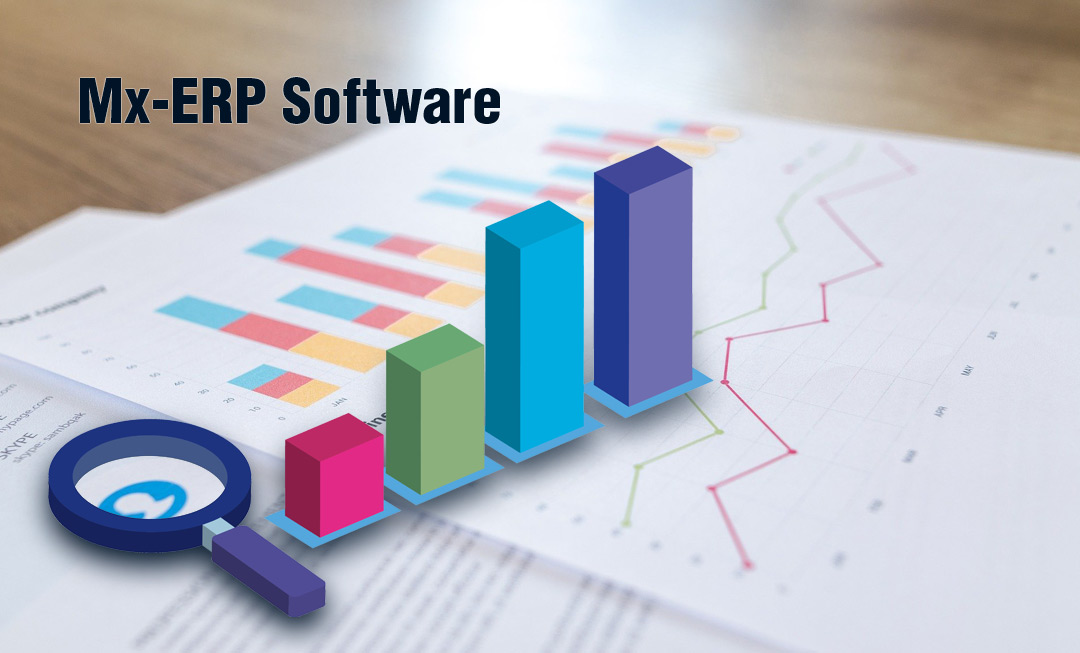
In this article, we will be talking about how ERP software can help businesses reduce their operational cost. To understand how an ERP system reduces your business's operational cost, you first need to understand what an ERP system is and how it works.
What is ERP Software?
An ERP software system is a comprehensive, integrated software solution for managing all the key back-office operations of a business. It usually includes modules for accounting, human resources, customer relationship management (CRM), inventory and supply chain management, and other core business processes.ERP systems are designed to automate and streamline these processes, often using a single database to store data for all the different modules. This can help businesses reduce operational costs by simplifying and standardizing their back-office operations. Additionally, ERP systems can provide real-time visibility into all aspects of the business, which can help managers make better informed decisions about where to allocate resources.
How Does It Help Reduce Business Operational Cost?
Operational costs are the expenses a business incurs to produce goods or services. They include raw materials, labor, and overhead. ERP software can help reduce operational costs by automating processes and increasing efficiency.Raw materials cost money, and the more a company can save on raw materials, the lower their overall operational costs will be. ERP software can help by managing inventory levels and identifying opportunities for cost savings.
Labor is another major component of operational costs. ERP software can help by streamlining workflows and reducing the need for manual data entry. This can lead to reduced overtime expenses and increased productivity.
Overhead costs are often fixed, but there are still ways to reduce them with ERP software. For example, ERP systems can automate billing and invoicing processes, leading to reduced accounting and administrative costs. Additionally, ERP systems can provide visibility into all aspects of the business, allowing managers to make informed decisions about where to cut costs.
What are the Benefits of Using ERP Software?
There are many benefits of using ERP software, but the three main benefits are:- Reduced operational costs - One of the most important benefits of using ERP software is that it can help reduce your business's operational costs. By automating tasks and improving efficiency, ERP software can save your business time and money.
- Improved decision-making - Another benefit of using ERP software is that it can help improve your decision-making. With real-time data and comprehensive reports, you'll be able to make better decisions about your business operations.
- Increased customer satisfaction - Finally, another benefit of using ERP software is that it can help increase customer satisfaction. By streamlining your processes and improving communication, you'll be able to provide a better experience for your customers.